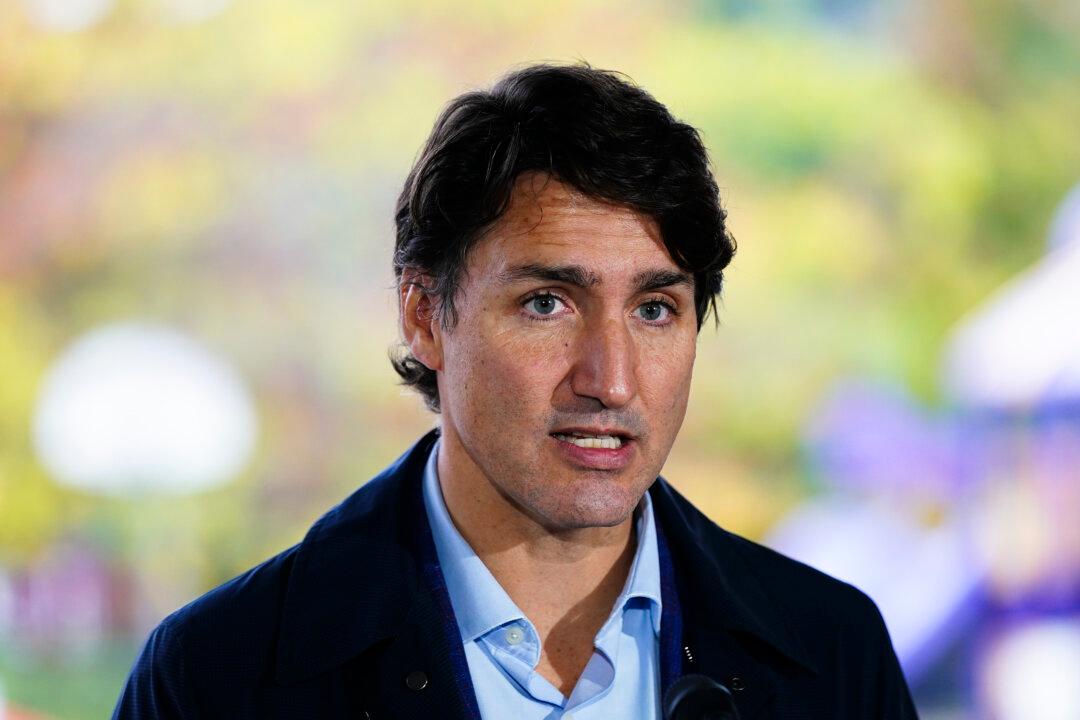Canada is introducing a standardized national vaccine passport for domestic and international travel, Prime Minister Justin Trudeau announced on Oct. 21.
The proof-of-vaccination certificate, which Canadians will need to travel both within the country and internationally, is based on an international standard for Smart health cards and uses the provincial vaccine certificate already in place as its framework.





